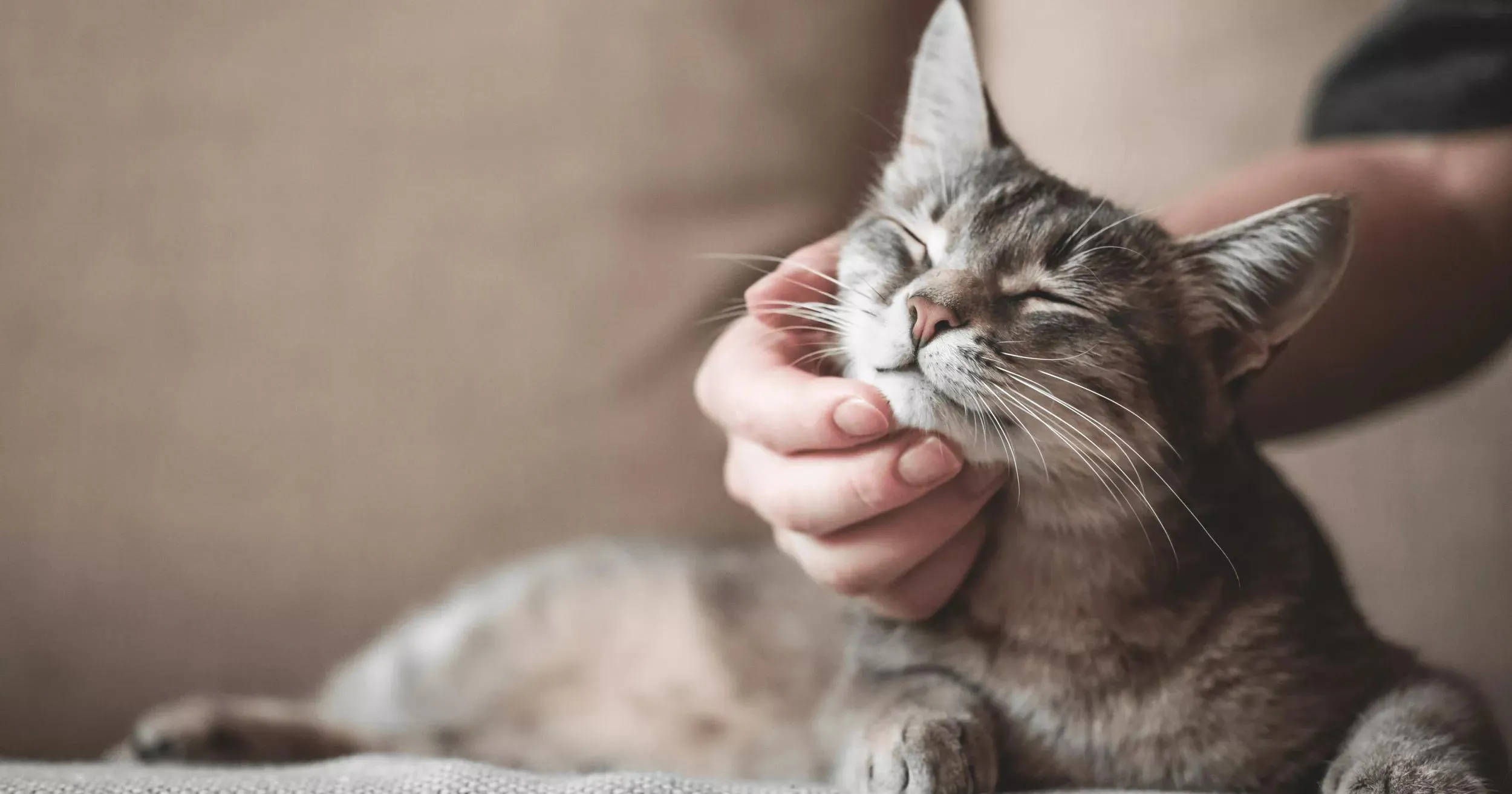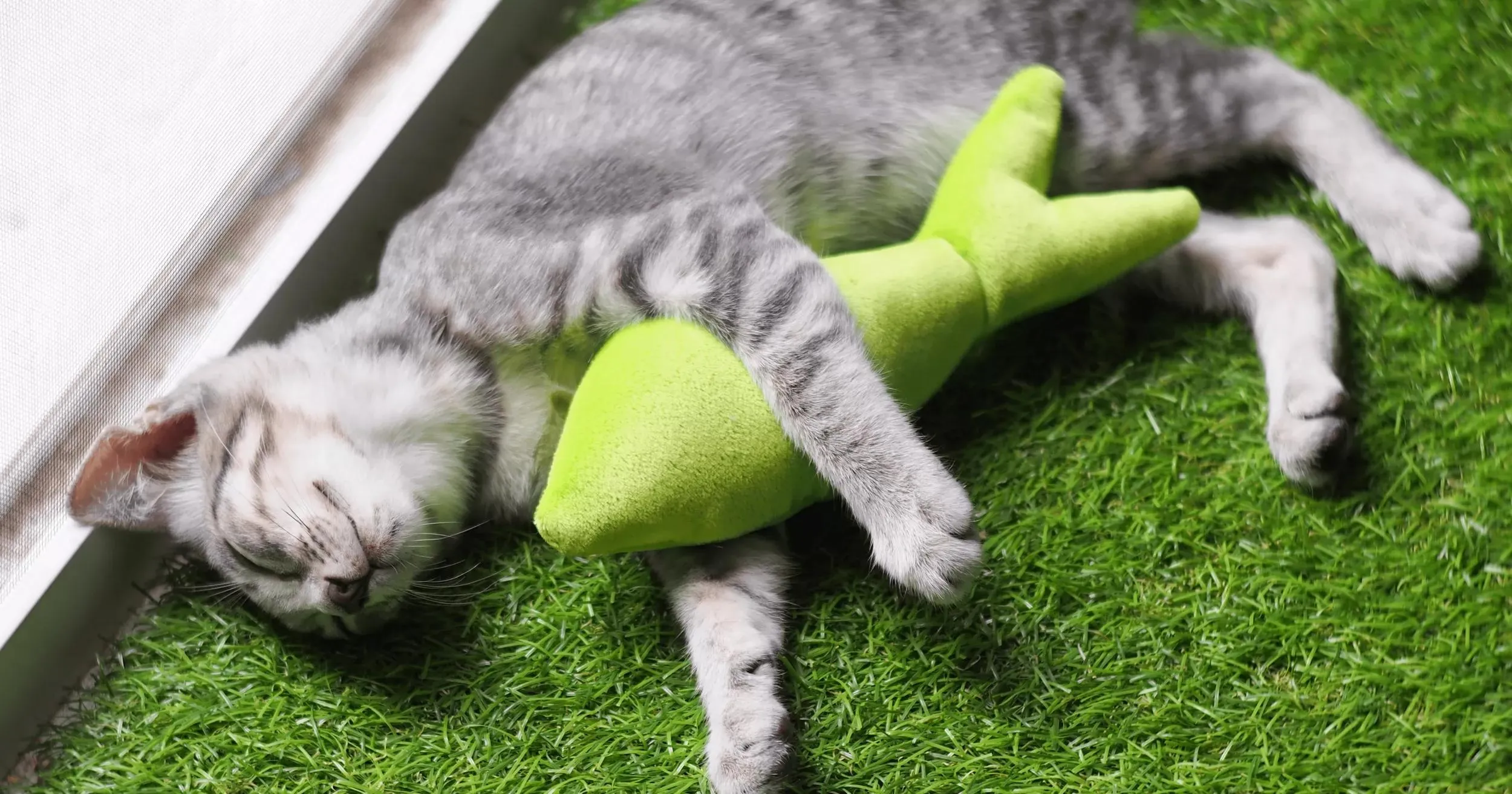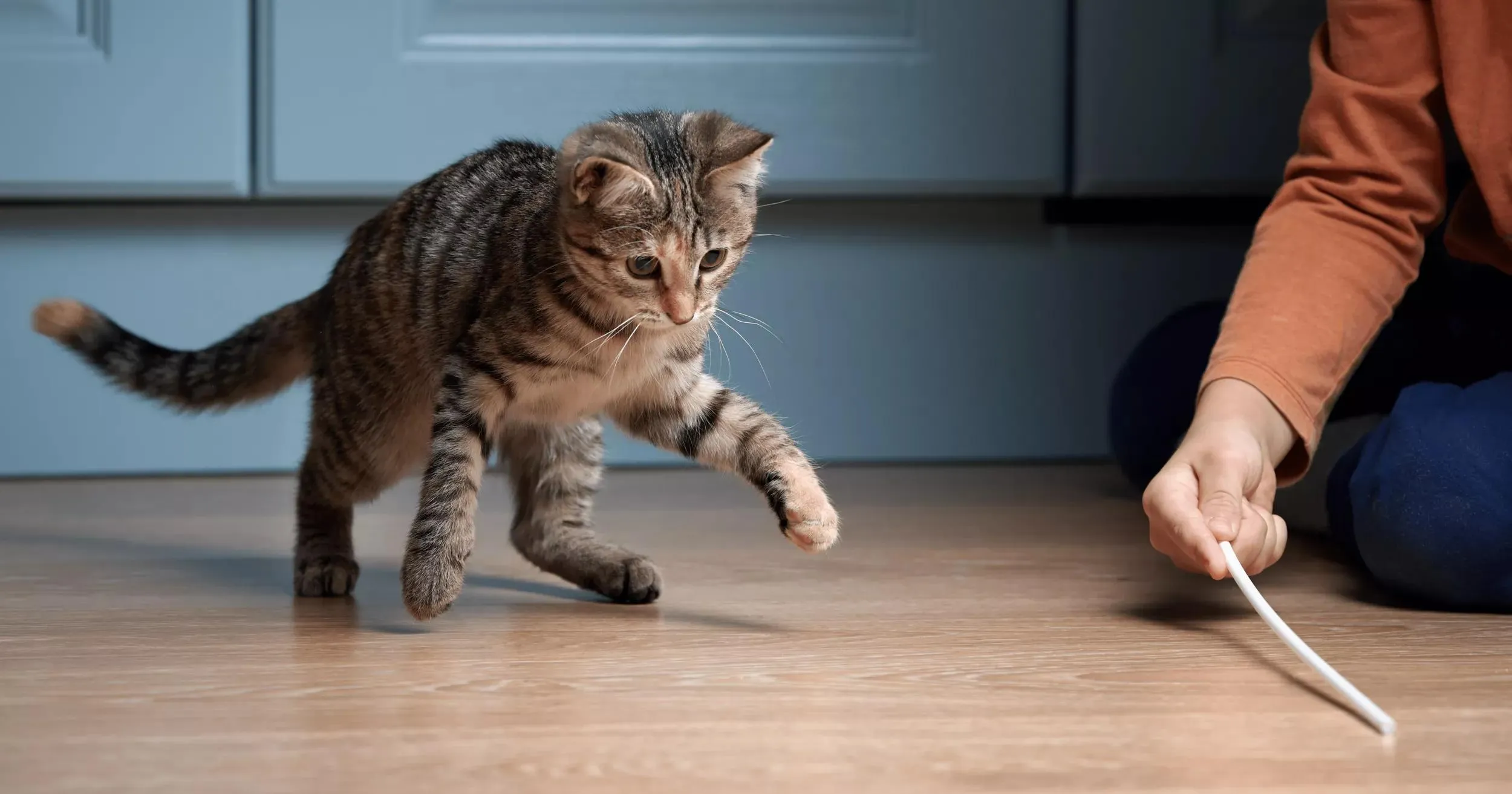Bringing a new kitten into your home is an incredibly joyful experience, but it often comes with a unique set of challenges, especially concerning their sleep patterns. New kittens, much like human babies, need ample rest but don’t always know when or where to settle down for the night, potentially disrupting your own sleep. This comprehensive guide will walk you through effective strategies to successfully sleep train your kitten, ensuring both you and your furry companion enjoy restful, uninterrupted nights. By establishing consistent routines and providing a secure environment, you can foster healthy sleep habits from day one.
Understanding Your Kitten’s Sleep Needs and Patterns
Kittens are notorious for their seemingly endless energy, followed by sudden, deep naps. This pattern is natural and crucial for their rapid growth and development. On average, kittens can sleep between 16 to 20 hours a day, but these are often broken into multiple short naps rather than one long stretch. Understanding this crepuscular nature—meaning they are most active during dawn and dusk—is key to managing their nighttime behavior. While they may be naturally inclined to play and explore as the sun rises and sets, with proper guidance, you can gently shift their active hours to align better with your own schedule, helping them to sleep train more effectively.
Creating the Ideal Sleep Environment for Your Kitten
A secure, comfortable, and consistent sleeping environment is paramount for successful kitten sleep training. Your kitten needs a designated space where they feel safe and can retreat for undisturbed rest.
Making your kitten feel at home from the moment they arrive is vital for their emotional well-being and ability to sleep soundly. Begin by setting up a cozy bed in a quiet corner of a designated “safe room.” This initial room should contain all their essentials: food, water, and a litter box, allowing them to acclimate without being overwhelmed by the entire house. Introducing familiar scents can significantly reduce anxiety; an old sweater or blanket from their litter environment, placed in their new bed, provides a comforting smell that reminds them of their mother and siblings. Pet parents often find that consistency in food type and litter substrate also helps a kitten settle quickly, minimizing digestive upset and litter box accidents that could disrupt sleep. Furthermore, a scratching post in their immediate vicinity offers a healthy outlet for natural instincts and a good stretch after a nap.
 A grey tabby kitten sleeping peacefully in a soft, cozy bed.
A grey tabby kitten sleeping peacefully in a soft, cozy bed.
When selecting their bed, consider something with high sides, resembling a nest, to make them feel secure and protected. Elevated beds can also be beneficial, keeping them off cold floors and allowing them to survey their surroundings, which satisfies their natural instincts. In colder months, a warm, but not hot, water bottle placed under their bed cushion can provide soothing warmth. Additionally, consider plugging in a feline pheromone diffuser, such as FELIWAY Optimum, in their dedicated room. These diffusers release synthetic pheromones that mimic a mother cat’s calming signals, helping kittens feel more serene and better cope with the stress of a new environment. This gentle approach can greatly aid in the Sleep Train Kitten process by fostering a sense of security and reducing anxiety. As they grow more comfortable, you can gradually introduce them to other areas of your home, always ensuring their dedicated sleep space remains their sanctuary.
Establishing an Effective Kitten Bedtime Routine
Consistency is the cornerstone of effective sleep training your kitten. Just like humans, kittens thrive on routine, which helps them anticipate what comes next and feel more secure.
Your kitten’s daytime activities significantly influence their nighttime sleep quality. Ensure your kitten gets plenty of opportunities for active play and mental stimulation throughout the day. Interactive toys, puzzle feeders, and scheduled play sessions will help burn off excess energy. While naps are essential, encourage periods of activity between them by providing engaging toys and scratching posts. About an hour or two before your own bedtime, initiate a vigorous play session. This “hunt, catch, kill” sequence is deeply ingrained in feline behavior; a toy mouse or feather wand that they can “capture” at the end will simulate a successful hunt, followed by the desire to eat and then sleep. Conclude playtime by signaling it’s over, perhaps by putting the special toys away. Following this, offer a small, satisfying meal close to bedtime. A full tummy often leads to a sleepy kitty, mimicking their ancestors’ eat-then-sleep cycle.
 A playful grey kitten reaching out with a paw to bat at a yellow feather toy.
A playful grey kitten reaching out with a paw to bat at a yellow feather toy.
As you prepare for bed, establish a consistent nighttime ritual that your kitten will come to associate with sleep. This could involve dimming the lights, turning off the television, and gently encouraging your kitten into their cozy bed. Some pet parents find that playing soothing classical music (like Bach or Chopin, as suggested by some feline experts!) can create a calming atmosphere. The key is to make this routine predictable. Once your kitten learns these cues, they will begin to understand that it’s time to settle down for the night, making the sleep train kitten process smoother and more effective for everyone involved.
Addressing Common Nighttime Disruptions
Even with the best routines, kittens can still experience nighttime disruptions. Knowing how to respond effectively is crucial for long-term sleep training your kitten.
Kittens, especially when newly adopted, may miss the warmth and comfort of their littermates and mother. To mitigate this, try warming a blanket or towel in a dryer for about twenty minutes before bedtime and placing it in their bed. This warmth can provide a comforting sensation that helps them settle. If your kitten wakes up in the middle of the night and wants to play, it can be disruptive, particularly if they have noisy toys. A smart strategy is to only leave out soft, quiet toys overnight, allowing them to entertain themselves without waking you. Should your kitten try to get your attention by meowing or scratching at your door, check to ensure they are safe and have no urgent needs (like a dirty litter box or empty food bowl), and then ignore them. Giving attention, even negative attention, can reinforce the behavior, teaching them that making noise gets a response.
If your kitten consistently wakes up early because of hunger, consider investing in an automatic feeder that dispenses a small portion of food at a set time in the early morning. This helps teach your kitten that their meals arrive predictably, not when they meow. Finally, always be vigilant for signs of medical problems. Just like humans, cats can experience health issues that disrupt their sleep. If your kitten exhibits unusual symptoms, changes in appetite, or persistent restlessness, consult your veterinarian for a full examination to rule out any underlying health concerns that might be impeding their ability to sleep peacefully.
Should Your Kitten Sleep in Your Bed?
The question of whether to allow your kitten to sleep in your bed is a personal one, with both benefits and drawbacks. For some pet parents, having their furry friend snuggle up at night is a cherished bond, providing comfort and warmth to both human and feline. However, a kitten sleeping in your bed can also lead to disrupted sleep for you, particularly if they are prone to restless nights, playful antics in the wee hours, or simply moving around a lot. Kittens can also disturb you with purring, kneading, or early morning demands for food or attention.
While some cats happily coexist in their owner’s bed, others, like the kitten in our original story, might prefer their own dedicated sleeping spot. They might find the turning and snoring of a human disruptive. Ultimately, your kitten’s individual personality and your own sleep preferences should guide this decision. If you choose to have them sleep with you, be prepared for potential sleep interruptions. If you prefer your own space or find your sleep constantly disturbed, it’s perfectly acceptable to encourage them to sleep in their own cozy bed, even if it’s in the same room. The goal of sleep training your kitten is to ensure everyone in the household gets the quality rest they need to thrive.
 A grey cat playfully batting at a toy mouse held by a human hand.
A grey cat playfully batting at a toy mouse held by a human hand.
Conclusion
Successfully sleep training your kitten is a rewarding journey that requires patience, consistency, and a deep understanding of their unique needs. By establishing a comfortable and secure sleep environment, implementing a predictable bedtime routine, and calmly addressing nighttime disruptions, you can guide your kitten towards healthy sleep habits. Remember, every kitten is an individual, and some may take longer to adjust than others. With a loving and structured approach, you’ll soon be enjoying peaceful nights alongside your well-rested feline friend.
Do you have any unique tips for sleep training your kitten? Share your experiences in the comments below, and explore more of our articles on Dog Care Story for expert advice on all aspects of pet care!
